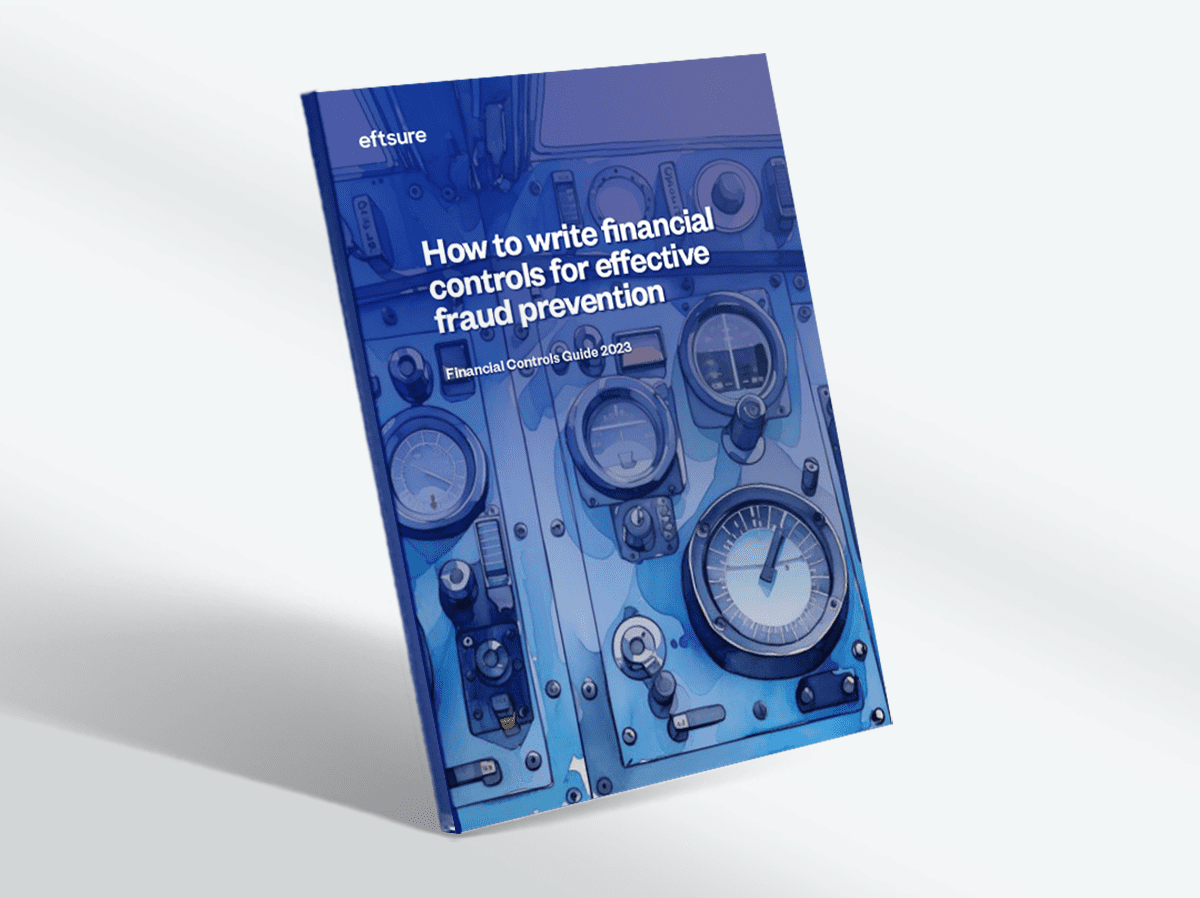What Can Scammers Do with Your Phone Number?
When cell phones first became popular, no one thought they’d become what they are today. For the first few years, it was …
The Automated Clearing House (ACH) Network is a common channel for people and businesses in the US to make electronic payments. ACH fraud is committed when scammers take advantage of the ACH process by stealing money or sending fraudulent ACH transfers. The practices and technologies used to prevent ACH fraud all play an important role in ACH fraud prevention.
Preventing ACH fraud is crucial because once a transaction has been made, it’s very difficult to ever recover the stolen funds. ACH fraud prevention should be part of every business’s security strategy, but it should also be top of mind for individuals who could fall victim to ACH scams.
Preventing unauthorized ACH payments is possible when organizations are prepared to do its due diligence and employ the proper tools. Methods businesses attempt to prevent ACH fraud include:
Sometimes referred to as ACH positive pay, help prevent fraudulent transactions by screening ACH payments against predetermined criteria to flag suspicious activity.
Similar to an ACH debit block, this essentially freezes or blocks ACH transactions temporarily, unauthorized users will be denied the access needed to make unauthorized ACH payments.
Authorized user lists limit ACH transactions to approved individuals or entities, reducing the risk of unauthorized parties initiating fraudulent transfers.
One-time authorizations require unique and time-limited codes or tokens for ACH transactions, enhancing security by ensuring each transaction is explicitly approved and reducing the risk of fraudulent activities.
Although banks offer several of the options listed above, businesses have learned it’s important to add an additional line of defense when it comes to ACH transfers. Adding an accounts payable technology to an organizations tech stack helps finance leaders and their teams to feel protected while also providing efficiencies in the accounts payable process.
Today, cyber security threats and attempts at ACH fraud have become significantly more refined. In order for organizations to rely on the above methods, it requires diligent bookkeeping and recordkeeping to ensure account numbers are always up-to-date and time spent fact-checking in the background. If a criminal or an internal employee has access to access your system, they may be able to update your vendor details, particularly the account details, rerouting payment to the wrong account.
That’s why thousands of companies across Australia, New Zealand and the US have opted for a final line of defense. Eftsure removes the stress from bookkeeping, fact checking, and protects businesses against the most dangerous threats, including cybercrime.
Invest in proper ACH fraud prevention, because the monthly costs of safety are significantly less than $320B reported losses for businesses in the US last year. Here’s some other key benefits of ACH fraud detection and prevention platforms:
ACH fraud prevention tools help mitigate the risk of financial losses by identifying and blocking potentially fraudulent transactions before they occur, safeguarding both businesses and consumers.
When fraudulent ACH payments are successful, there are usually major financial losses involved for the victims. Not only can businesses feel confident carrying out every-day-business, there’s less time spent with employees trying to manage fraud recovery while continuing to pay suppliers.
Reputational damage is a huge topic of conversation when it comes to cyber threats. With the right fraud protections in place, customers will feel secure when they do business with your organization.
ACH debit fraud prevention isn’t solely reliant on advanced tools and SaaS solutions; it’s important that the humans behind the screen employ the following best practices to help prevent ACH scams:

When cell phones first became popular, no one thought they’d become what they are today. For the first few years, it was …
When Mr. Beauchamp watched a video of Elon Musk – the world’s richest man – recommend a certain investment platform to make …
Your company delivered the good or service it promised to a client and now it’s time to collect the funds owed to …
Eftsure provides continuous control monitoring to protect your eft payments. Our multi-factor verification approach protects your organisation from financial loss due to cybercrime, fraud and error.